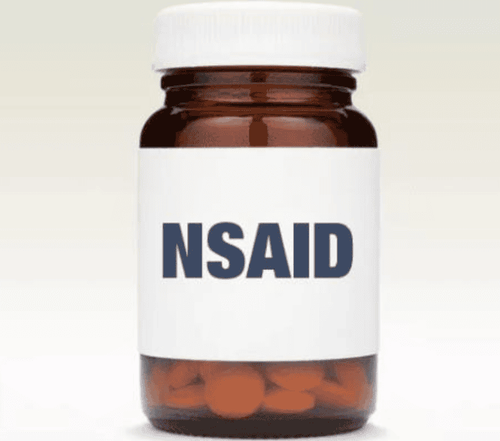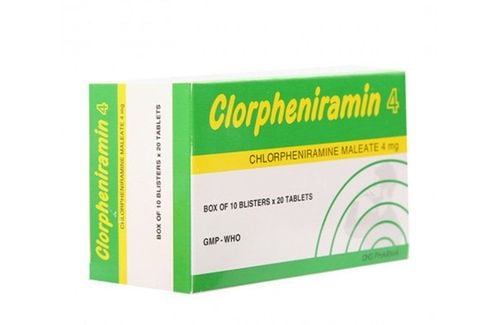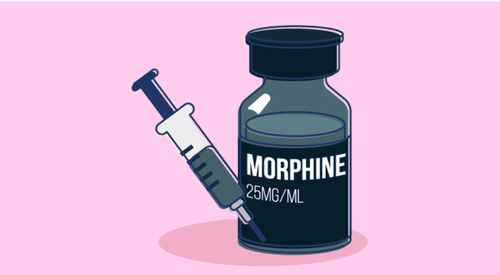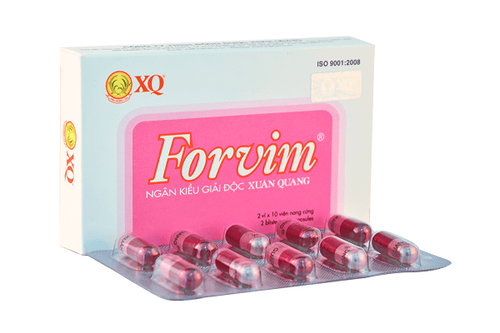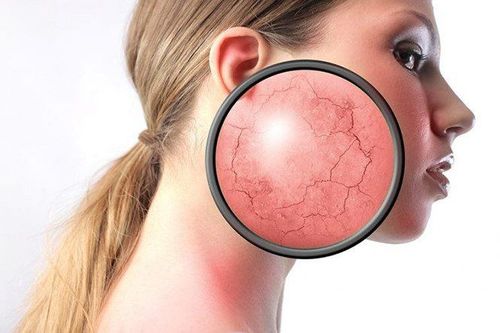This is an automatically translated article.
The article was written by Pharmacist Nguyen Van Thang - Pharmacist - Faculty of Pharmacy - Vinmec Times City International General Hospital.Any substance outside can cause an allergic reaction in the body. Being allergic to this agent, not being allergic to other agents is related to the body's immune mechanism. When a "foreign" agent comes into contact with the body, the body will produce substances to fight these "foreign" substances.
During that process, a series of mediators are released, leading to allergic manifestations of various degrees such as skin rash, itching, swelling of eyes, lips, face; difficulty breathing, difficulty swallowing, chest pain, nausea, vomiting, low blood pressure, even death.
1. Medicines used for food allergies
Depending on the severity of the reaction, different drugs will be needed to treat it.
With mild severity (eg, mild skin rash), anti-allergic drugs (antihistamines) can be used. Drugs in this class will compete with and render one of the mediators secreted as described above ineffective, thereby reducing allergy symptoms.
Some anti-allergic drugs of this group may cause drowsiness, but have good effects in reducing vomiting, reducing secretions; conversely, some other drugs cause less drowsiness but will be less effective in reducing vomiting.
Some drugs can be used by young children or pregnant and lactating women, but others have no evidence of safety. Your doctor or pharmacist will talk to you to choose the right medicine for you.
In the case of more severe reactions, the use of antihistamines is not enough to resolve the symptoms, other drugs may be needed, such as adrenaline drugs to raise blood pressure, anti-inflammatory drugs, bronchodilator to reduce edema, bronchospasm.
Usually these drugs will be used in medical facilities. Therefore, it is very important that you seek medical attention immediately if you notice signs of a food allergy.
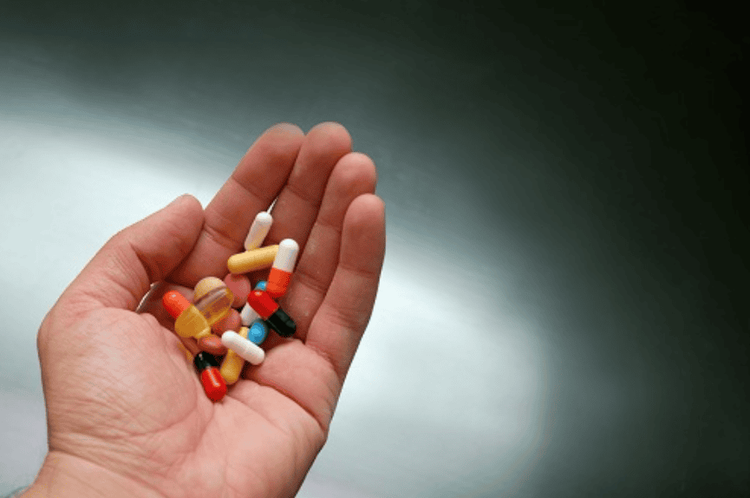
2. Preventing food allergies
Some people are more at risk of food allergies than others. Some foods will cause allergies including seafood, nuts, milk and dairy products, eggs, soy... To prevent, the first thing to do is to identify the allergen. .
Your doctor will advise you on how to determine which is appropriate for you, be it testing for specific substances in your blood or testing your skin. Sometimes it can be difficult to pinpoint exactly what foods you are allergic to, so keeping a complete and accurate record of the foods and symptoms you experience will help a lot.
Once you have identified the foods that cause allergies, you should avoid those foods. It's also important to look closely at product labels to determine if a product's ingredients are in the category of your allergy. Some medicines may also contain an ingredient of animal or plant origin that has the potential to cause you to cross-allergenic.
Therefore, it is necessary to provide information about food allergies to doctors and pharmacists to avoid this risk. Carrying allergy medications and food allergy information can also help with allergic reaction management.
Food allergies affecting the skin, gastrointestinal tract or respiratory or cardiovascular systems. For mild symptoms, no treatment may be needed at all or simply the addition of an antihistamine may resolve the symptom problem. But in cases of severe food allergies, a doctor will need to be examined and may prescribe steroid medication. This is a drug with serious side effects that should only be used with a doctor's prescription.
If you have unusual symptoms, you should be examined and consulted with a specialist.
Please dial HOTLINE for more information or register for an appointment HERE. Download MyVinmec app to make appointments faster and to manage your bookings easily.





